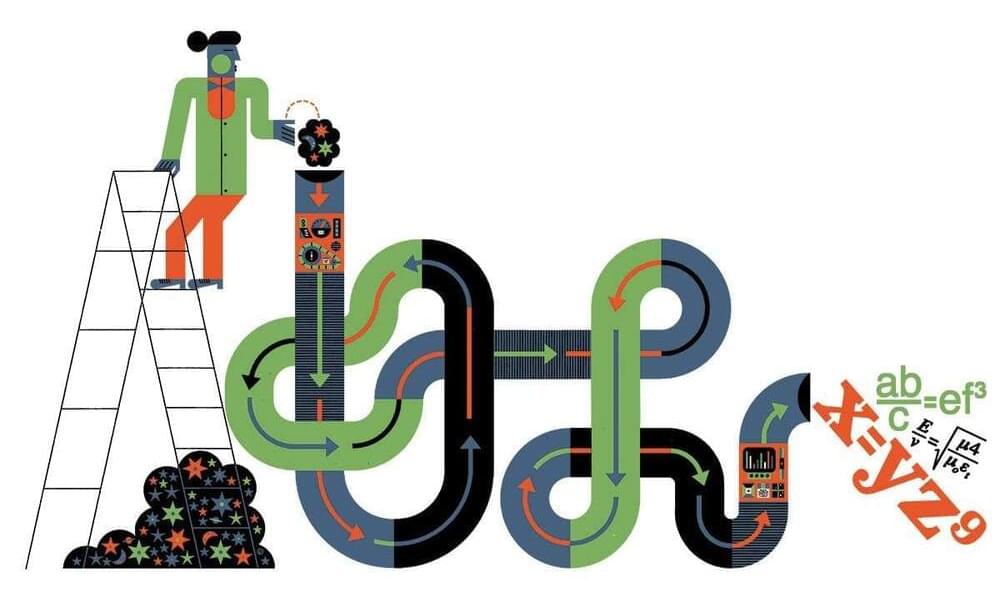SPEAKING at the University of Cambridge in 1980, Stephen Hawking considered the possibility of a theory of everything that would unite general relativity and quantum mechanics – our two leading descriptions of reality – into one neat, all-encompassing equation. We would need some help, he reckoned, from computers. Then he made a provocative prediction about these machines’ growing abilities. “The end might not be in sight for theoretical physics,” said Hawking. “But it might be in sight for theoretical physicists.”
Artificial intelligence has achieved much since then, yet physicists have been slow to use it to search for new and deeper laws of nature. It isn’t that they fear for their jobs. Indeed, Hawking may have had his tongue firmly in his cheek. Rather, it is that the deep-learning algorithms behind AIs spit out answers that amount to a “what” rather than a “why”, which makes them about as useful for a theorist as saying the answer to the question of life, the universe and everything is 42.
